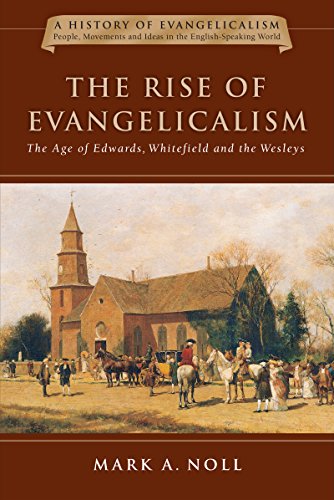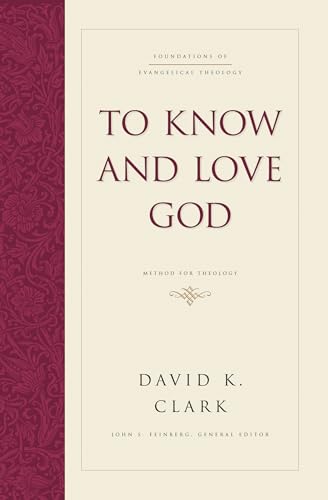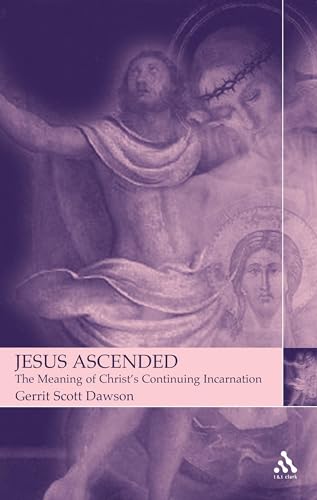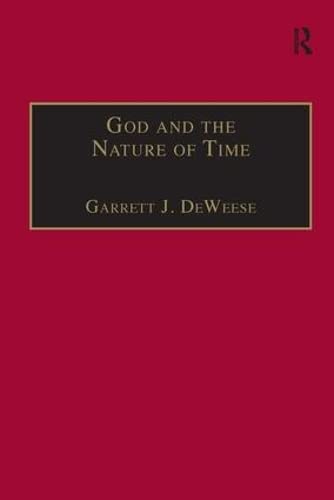This survey review will draw attention to a number of works on John’s Gospel which have been published recently. We start with the massive, two-volume commentary by Craig Keener. In his earlier huge commentary on Matthew’s Gospel, Keener had already demonstrated considerable skill in presenting a great deal of detailed information yet retaining a readable style. In this book, detail is abundant again, with footnotes taking up a considerable portion of most pages. Yet, there is also sensitivity to the text and preachers will find useful discussion in this commentary. The question is whether they will have sufficient time to work through so much detailed text. While researchers will appreciate the numerous references and the enormous bibliography, other users may feel that these are less important benefits for their substantial financial outlay.
More useable for many will be Andreas Köstenberger’s new one-volume commentary. This is the fruit of a decade of serious study of John and treats John with an admirable balance between appreciation of literary artistry and concern for historical and theological truth. Engagement with scholarship is sufficiently overt that students will find this commentary a useful guide through academic debates, but technicalities do not dominate the work. This is a book which should prove equally useful to the student, the teacher and the preacher.
Kruse’s commentary is a substantial contribution to a series which has proven its worth. This will be a useful volume for those who want exegetical foundations for their reading of the text but do not have the time and/or the skills to work through one of the more technical commentaries. Although the bibliography, the introduction and some occasional footnotes indicate that Kruse has read important secondary literature, there is very little direct engagement with scholarly views, due no doubt to space limitations.
Brown’s book is a revision of the introduction to Brown’s classic Anchor Bible commentary on the Gospel of John. The revision was not complete at the time of Brown’s death, but it was thought to be worth publishing, not least because Brown paid more attention to literary and theological approaches to the Gospel than he had in this original introduction. This book provided an opportunity for the editor to pay tribute to Brown’s work, but it is questionable whether those who possess Brown’s original commentary will feel the need to possess this revised introduction or whether those who possess neither should choose this introduction without commentary in preference to one of the substantial commentaries which includesubstantial introductions mentioned above.
Ruth Edwards’ book is a kind of literary and theological introduction to John. Edwards fits a remarkable amount of information and considered reflection into concise prose, and her frequent reference to up-to-date scholarship provides at least a flavour of the various debates in modern Johannine scholarship. It is manageable in scope and contains many rich insights, so it should prove useful to preachers. Edwards is more cautions about John’s historical reliability than I would have wished and she seems to indicate some sensitivity to John’s exclusive claims for Jesus, but this is a book that deserves to be used widely.
Wallace’s book is a preacher’s perspective on John. This book does not provide answers to every conceivable exegetical question, but it does demonstrate sensitivity to the thrust of the text and there are plenty of opportunities for the reader to reflect on the personal significance of the biblical text.
The volume edited by Fortna and Thatcher is collection of thirty essays by a diverse group of authors including several prominent evangelicals (notably, Burge, Blomberg, Bauckham, Caragounis and Twelftree). It addresses the issue of the source of the information which was integrated into the Gospel. It will be of most interest to students and scholars.
Alistair I. Wilson
Alistair I. Wilson
Highland Theological College UHI
Dingwall, Scotland, UK







